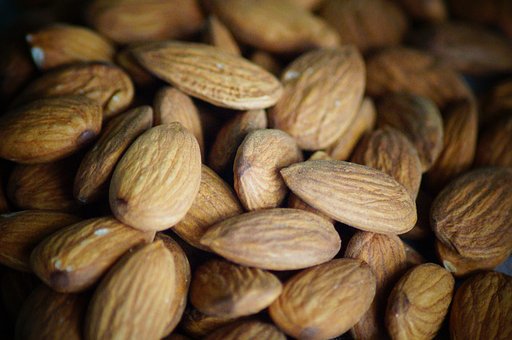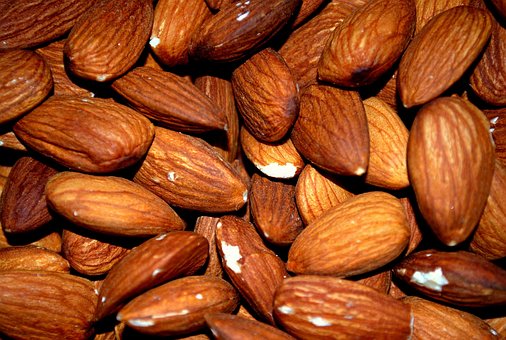Badam, also known as almonds, are a popular type of tree nut that is widely consumed all over the world. They are highly nutritious and are considered to be very healthy for the human body. In this article, we will discuss the nutritional value of badam and whether or not they are healthy for you.
One of the most important nutrients found in badam is protein. Almonds are an excellent source of plant-based protein, making them a great option for vegetarians and vegans. They are also a good source of fiber, which helps to keep the digestive system healthy and functioning properly.
Badam are also rich in various vitamins and minerals. They are an excellent source of vitamin E, which is an important antioxidant that helps to protect the body’s cells from free radical damage. They are also a good source of vitamin B2, or riboflavin, which helps to convert food into energy and plays a role in maintaining healthy skin, hair, and nails.
In addition to vitamins and minerals, badam also contain a variety of other beneficial compounds. They are rich in monounsaturated fats, which are known to be heart-healthy and may help to lower cholesterol levels. They also contain a high amount of flavonoids, which are plant-based compounds with antioxidant properties.
So, are badam healthy for you? The answer is a resounding yes. In fact, badam have been shown to have a number of health benefits. Here are just a few:
Weight management: Some studies have shown that consuming a handful of badam per day can help to reduce body weight and improve body mass index (BMI). This is likely due to their high protein and fiber content, which can help to keep you feeling full and satisfied.
Heart health: As mentioned earlier, badam are a good source of monounsaturated fats, which have been shown to improve heart health. They may also help to lower cholesterol levels, which can reduce the risk of heart disease.
Brain health: Badam are rich in antioxidants and other beneficial compounds that may help to improve brain function. Some studies have even suggested that consuming badam may help to reduce the risk of developing Alzheimer’s disease.
Diabetes management: Badam have a low glycemic index (GI), which means that they do not cause a rapid spike in blood sugar levels. This makes them a good option for people with diabetes, as they can help to regulate blood sugar levels and improve insulin sensitivity.
It’s worth noting that, while badam are generally considered to be healthy, it’s important to consume them in moderation. They are high in calories, so it’s important to pay attention to portion sizes. A serving size of badam is about 1 ounce, or about 23 kernels.
In conclusion, badam are a highly nutritious and healthy food that can provide a variety of benefits for the body. They are a good source of protein, fiber, and various vitamins and minerals, and they contain a number of beneficial compounds that may help to improve heart health, brain function, and diabetes management. However, it’s important to consume them in moderation due to their high calorie content.

 Home
Home Health
Health Diet & Nutrition
Diet & Nutrition Living Well
Living Well More
More












